![]() Jul 11 2022
Jul 11 2022
![]()
GREENOLIVE has developed bagasse coffee cup lids made from bagasse, a pulp made from sugar cane. The company announced that environmentally sustainable snap-on bagasse coffee cup lids are now available in Europe.
Food brands in Germany, Benelux, Scandinavia, France, Italy, Spain, UK and more will be able to replace with a cost-effective alternative that is compostable, breakable and PFAS free plastic cap. The company claims the lids will help food brands meet their environmental sustainability commitments without sacrificing performance.
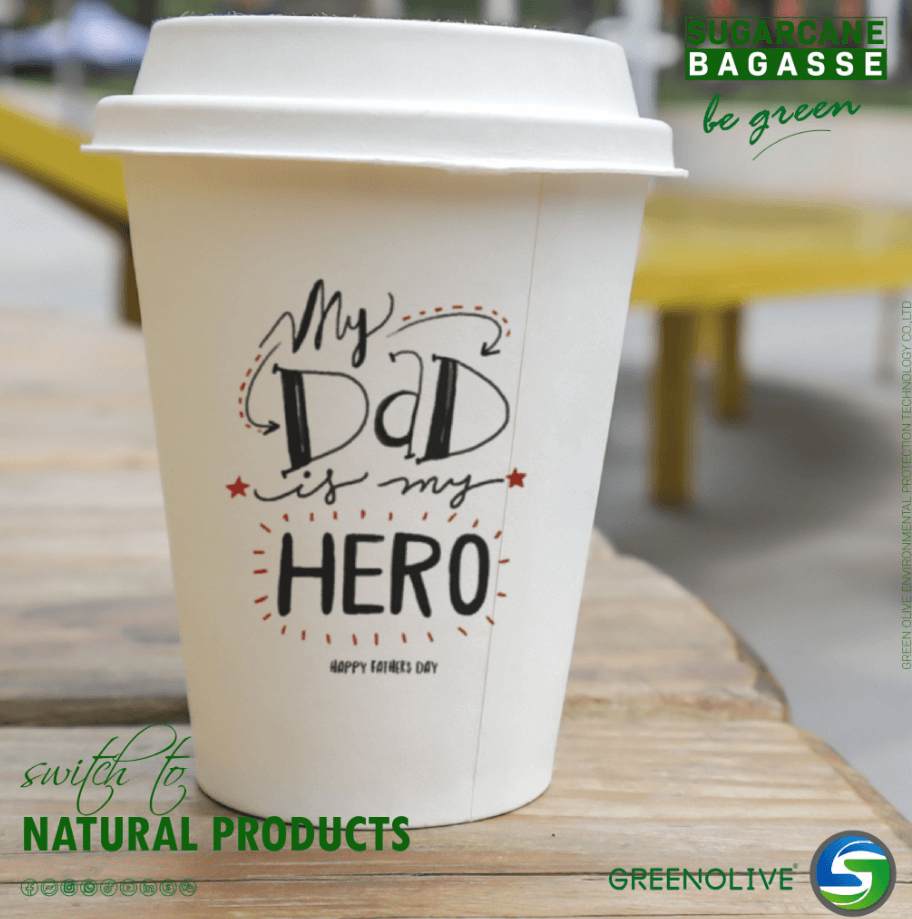
Learn more about plant fiber molded products
PackagingInsights speaks with Alex Garden, chairman and CEO of GREENOLIVE: "Many fiber-based alternatives cannot withstand hot liquids and either deform or break down, which is not suitable for drinking coffee."
"Through extensive research and development combined with our advanced manufacturing technology, we can transform natural materials such as bagasse (a pulp made from sugar cane) into our advanced environmentally sustainable snap-on lids."
1. Find the right fiber
Garden explained that it was not easy to develop a snap-on lid that could hold hot coffee, let alone make it compostable. It starts with considering why brands choose plastic: because it's cheap, convenient and practical, he said.
"Despite these qualities, we all have plastic lids that either leak or don't fit the cup at all. There's nothing more frustrating than that for a coffee drinker."
"Our proprietary formula consists of a variety of natural fibers, depending on what can be sourced locally and sustainably [environmentally] near our manufacturing facility."
"Especially these lids are produced in India, so they are mainly made of bagasse (a pulp made from sugar cane), but we also use bamboo, agricultural waste, wheat, straw, cork and other natural materials to make them Our advanced environmentally sustainable packaging."
The company says the flexibility of the material enables it to expand our molded fiber solutions to manufacturers worldwide, regardless of their available resources. "By choosing to produce our packaging from these fibers, we can significantly reduce our carbon footprint during production and disposal, while reusing natural materials that would otherwise be wasted."
2. Carbon reduction
When asked how fiber-based lids compare to traditional plastic lids, Garden emphasized that the latter are "completely environmentally unsustainable and would be catastrophic if we don't stop using single-use plastic."
He stressed that plastic lids and single-use coffee cups can take decades to break down and release harmful microplastics that contaminate our food, water and bodies.
"Unlike plastics made from important materials such as coal, crude oil and natural gas that are harmful to the environment and contribute to global warming, our solution is made from repurposed natural materials such as bagasse, which significantly reduces carbon in production emissions," Garden said.
"From harvesting to production to disposal, our lids are committed to significantly reducing our carbon footprint and eliminating plastic waste throughout its lifecycle, while helping global brands meet their [environmental] sustainability commitments."
3. European coffee drinkers, the vast consumer market
Europe consumes more coffee than any other continent, resulting in excessive waste from plastic lids. The environmental sustainability solutions company says that in the UK alone, 2.5 billion coffee cups and lids are thrown away every year, but only 0.25% is recycled and the rest ends up in our landfills or Spill into our waterways.
Despite constant calls from regulators to reduce plastic waste, food brands cannot eliminate plastic from takeaway cups without viable alternatives. Zume is providing a solution with the launch of an environmentally sustainable snap-on coffee lid on a scale big enough to free Europe from single-use plastic lids.
As brands, we have a responsibility to prioritize our impact on the environment in line with our bottom line; with our eco-friendly coffee lids, food brands can now do both," Garden said.
"Our molded fiber lids have the same premium feel and function that coffee drinkers have come to expect, and demonstrate what's possible when you combine an environmentally sustainable mindset with world-class engineering and product design. It becomes a cost-effective alternative to plastic," he added.
GREENOLIVE's bagasse coffee cup lids are part of the company's larger line of compostable food and beverage packaging. GREENOLIVE's products include leak-proof hot cup lids, bowls, meal delivery containers, three-piece meal trays and more, helping the world's largest food brands accelerate their transition away from plastic and Styrofoam without the use of harmful chemicals.
Last year, ABB Robotics partnered with GREENOLIVE to support the transition from single-use plastics in the food service industry. ABB Robotics will provide more than 1,000 robotic cells to enhance GREENOLIVE's global production of molded fiber, vegetable-based packaging, including up to 2,000 robots over the next five years at GREENOLIVE's customer factories in China and India.
PRODUCT CATEGORIES
![]() You May Also Like
You May Also Like
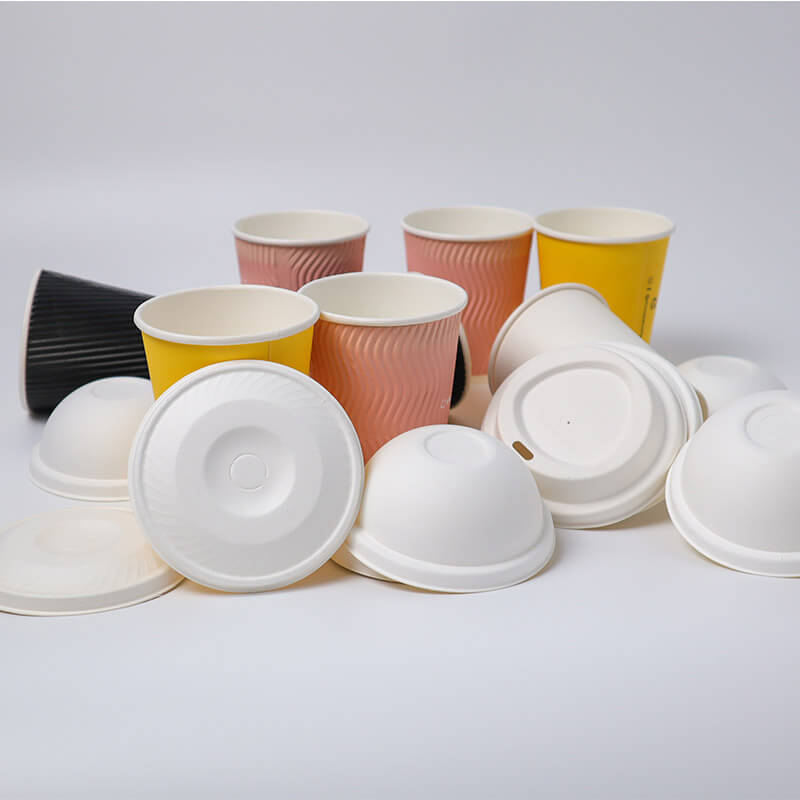
Custom Biodegradable Bagasse Pulp Cuplids, Coffee Paper Cup And Lids
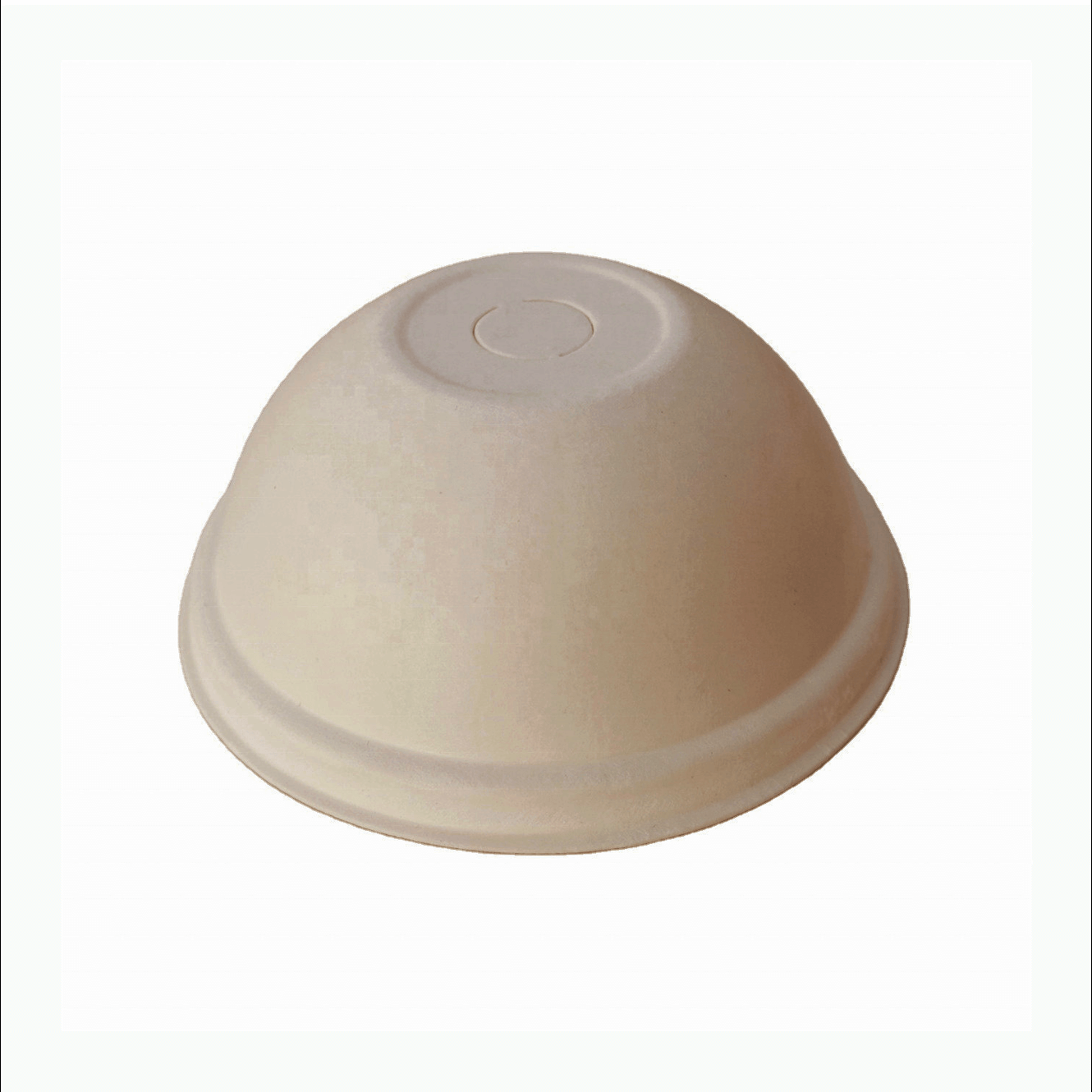
80mm Bagasse paper lid, dome shape, natural brown
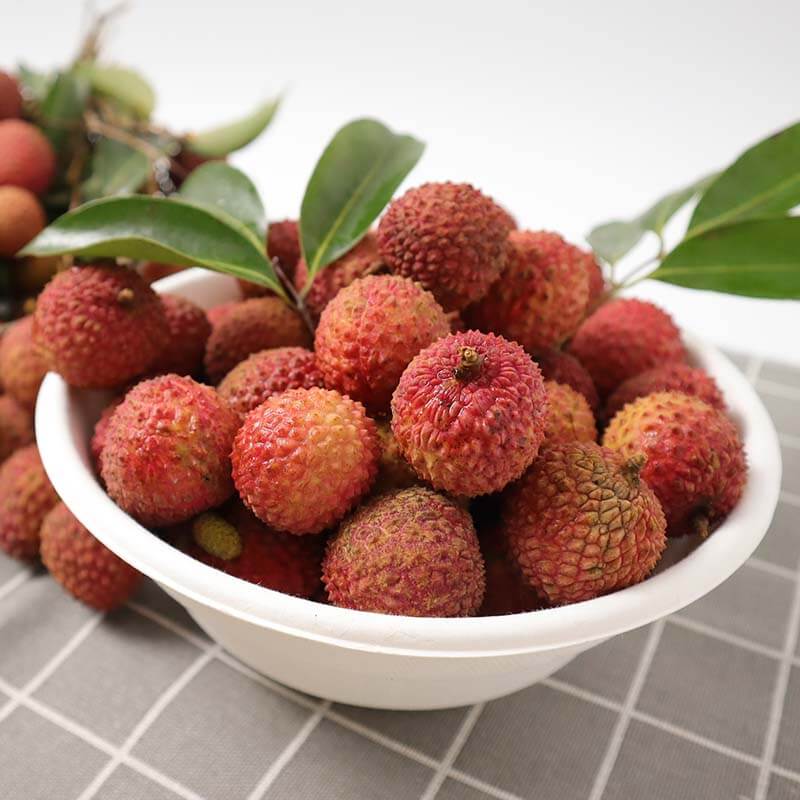
Wholesale Biodegradable Disposable Bagasse Salad Rice Fruit Bowl
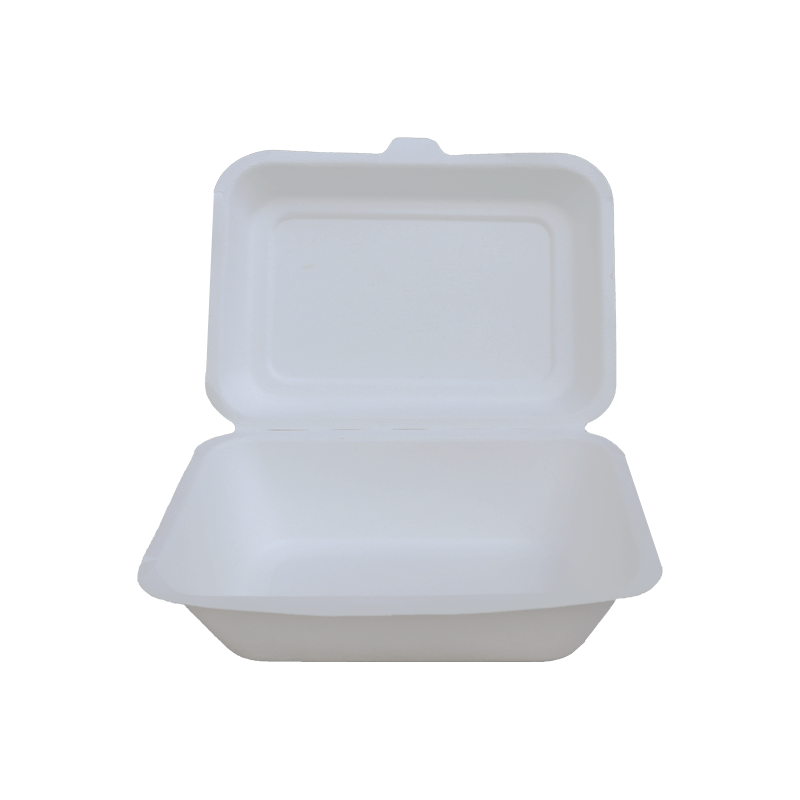
7 x 5 inch Rectangle bagasse clamshell, white
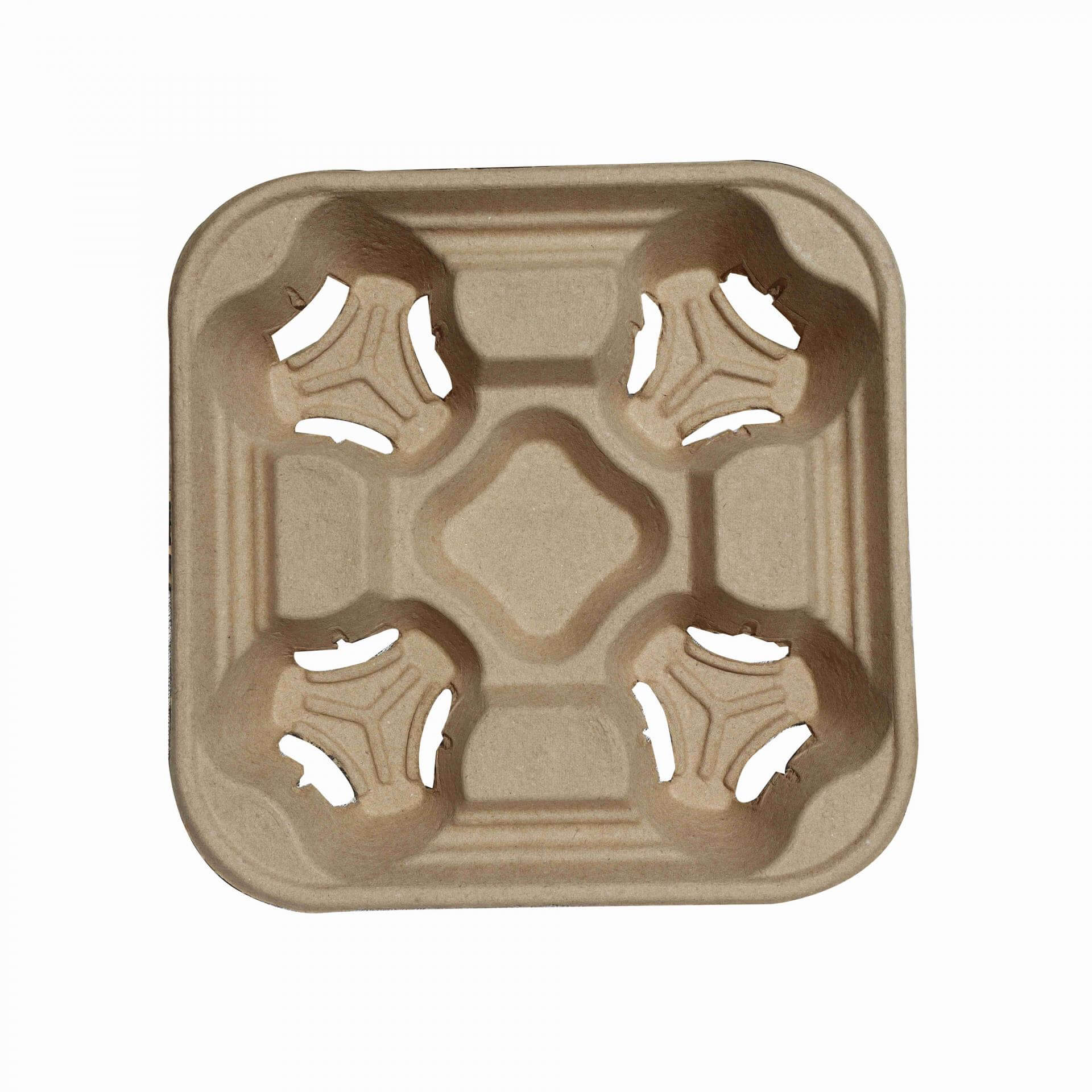
Corrugated pulp disposable 4 cup holder tray takeaway carrier
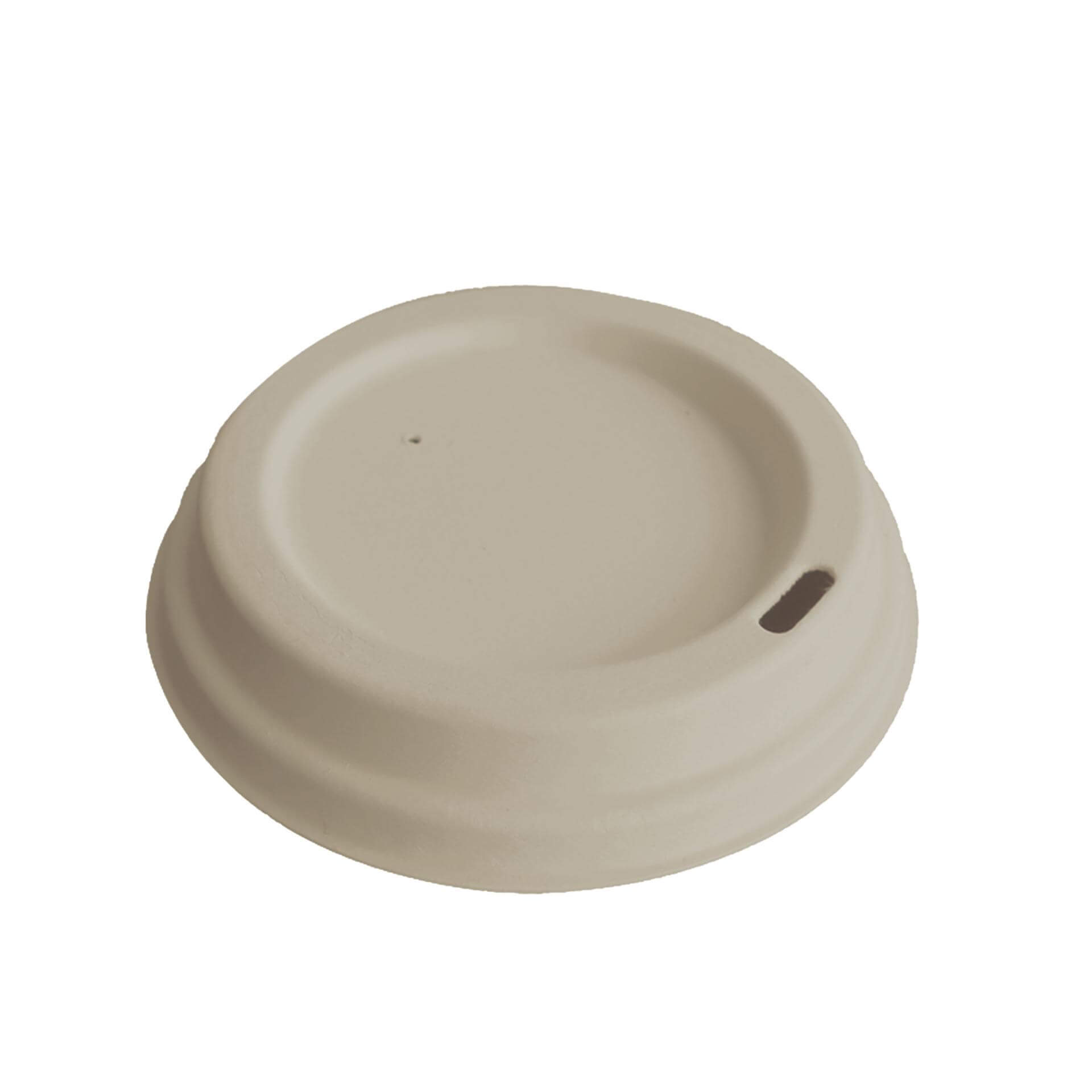
90mm natural brown sugarcane pulp sip lid, round design
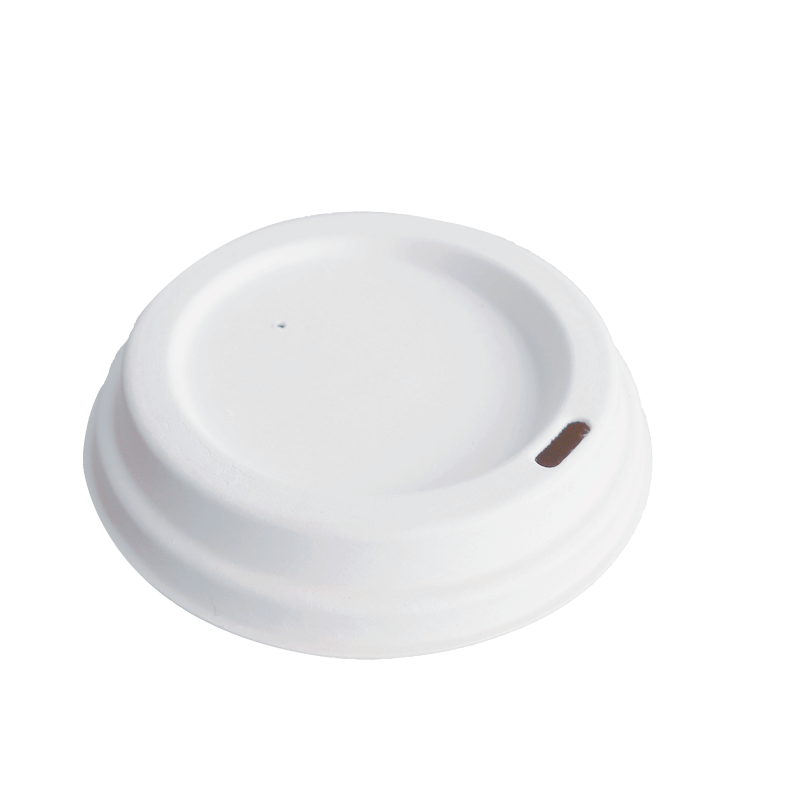
90mm White sugarcane pulp sip lid, round design
